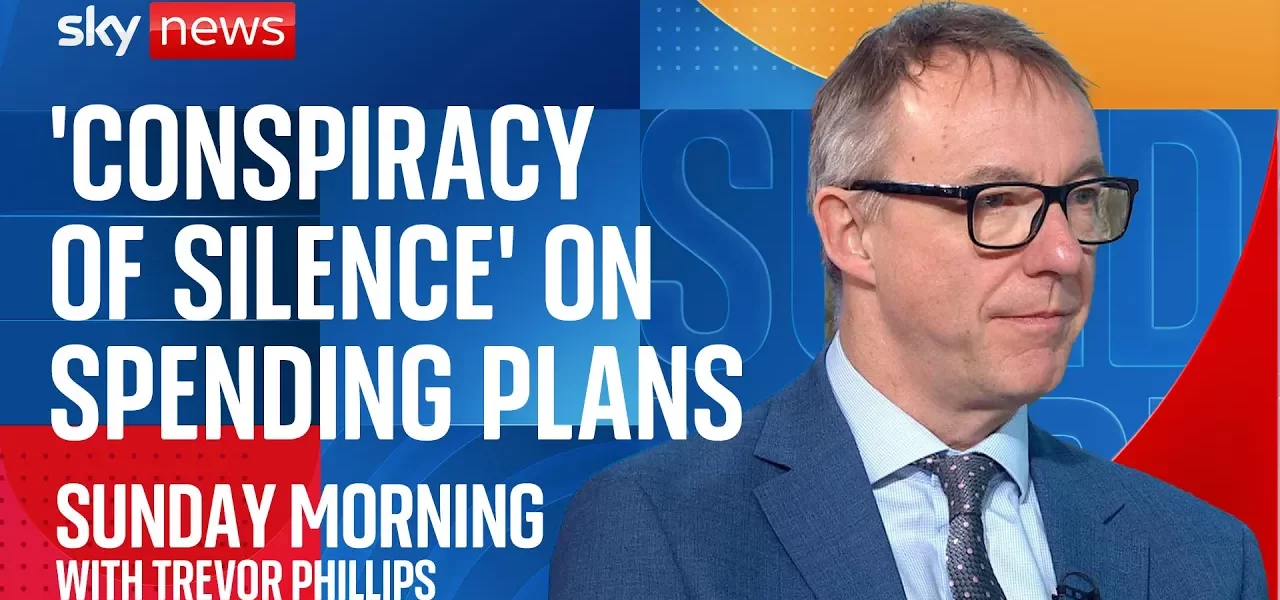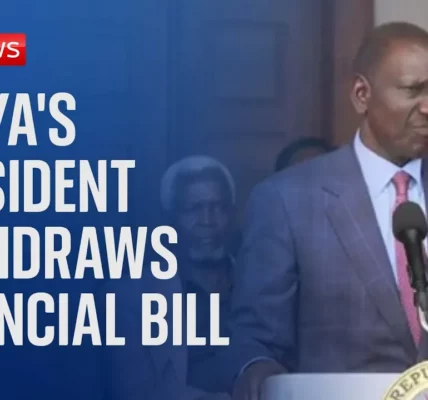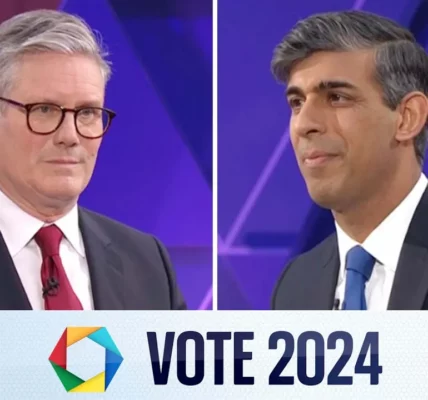Understanding the Fiscal Challenges Facing the UK Government with Paul Johnson

This article explores the insights of Paul Johnson, director of the Institute for Fiscal Studies, as he discusses the complexities of the UK’s fiscal landscape, including public spending cuts, tax policies, and the implications for future governance.
Introduction
In a recent discussion, Paul Johnson, the director of the Institute for Fiscal Studies, highlighted the daunting fiscal challenges that the UK government is likely to face in the coming years. He pointed out a “conspiracy of silence” among the major political parties regarding the realities of public spending cuts and the need for potential tax rises. This article delves into Johnson’s analysis, examining the potential consequences for public services and the economy, and the political maneuvering surrounding fiscal policy.
The Scale of the Challenge
Johnson emphasizes that the government is planning significant cuts in public spending over the next five years. This raises critical questions about the sustainability of public services and the overall economic health of the nation.
Projected Cuts in Public Spending
The Office for Budget Responsibility has indicated a proposed annual increase of only 1% in public service spending. However, this figure is misleading when considering the rapid increases in other key areas, such as:
- Defense Spending: Expected to rise faster than the overall public spending increase.
- Healthcare Spending: Anticipated to see significant budget allocations that exceed the 1% growth.
- Child Care Spending: Projected to receive more funding at the expense of other vital services.
Consequently, many departments could face cuts of 10-15%, which raises concerns about the viability of essential services such as justice, local authority support, and prison management.
Political Implications and Taxation
Johnson argues that both major political parties are reluctant to openly discuss tax increases, fearing voter backlash. This raises the question of how they plan to generate necessary revenue without incurring public disapproval.
Current Tax Policies
While both parties have committed to not increasing certain taxes, such as income tax and VAT, significant tax rises are already baked into current government policy:
- Freezing Income Tax Allowances: This policy alone could represent an £11 billion increase in taxes over the next three years.
- Targeted Tax Hikes: Discussions around taxing private schools and private equity have surfaced, but these are expected to yield minimal revenue.
Potential Areas for Future Tax Increases
Johnson suggests that the government may resort to less transparent and more damaging forms of taxation that could adversely affect the economy. Potential areas of focus include:
- Changes to Capital Gains Tax
- Increased taxation on corporations
- Taxes related to Bank of England operations
These options, while not openly discussed, could emerge as necessary measures to address the fiscal shortfall.
Taxation Trends and Misconceptions
Johnson addresses a common misconception regarding the overall tax burden on the average citizen. While total taxes as a percentage of national income are at their highest in nearly 70 years, individual taxpayers at average earnings are seeing lower tax rates than in the past half-century.
Understanding Taxation Dynamics
The current government has shifted the burden of taxation in several ways:
- Higher taxes on corporations, particularly through increased corporation tax.
- Reduction in taxes for average earners, creating a perception of lower overall tax burdens.
Conclusion
In conclusion, Paul Johnson’s insights illuminate the complex and often contradictory nature of fiscal policy in the UK. The anticipated public spending cuts and the reluctance to discuss necessary tax increases pose significant challenges for any future government. As the political landscape evolves, it is crucial for voters to remain informed about these fiscal realities. Engaging in discussions about the potential implications of these policies will be vital for ensuring that essential public services remain intact. For more insights on fiscal policies and their impact, visit our related articles on taxation and public finance.
“`




